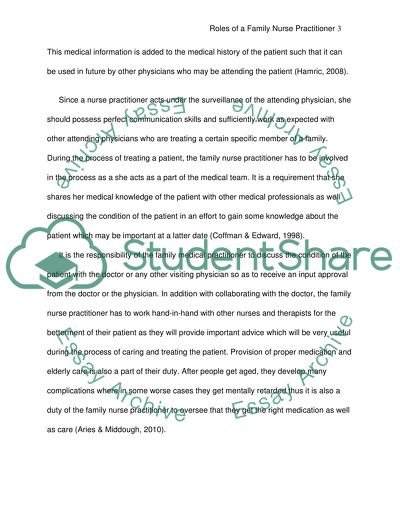Cite this document
(“THE ROLE OF THE NURSE PRACTITIONER Research Paper”, n.d.)
Retrieved from https://studentshare.org/family-consumer-science/1414931-the-role-of-the-nurse-practitioner
Retrieved from https://studentshare.org/family-consumer-science/1414931-the-role-of-the-nurse-practitioner
(THE ROLE OF THE NURSE PRACTITIONER Research Paper)
https://studentshare.org/family-consumer-science/1414931-the-role-of-the-nurse-practitioner.
https://studentshare.org/family-consumer-science/1414931-the-role-of-the-nurse-practitioner.
“THE ROLE OF THE NURSE PRACTITIONER Research Paper”, n.d. https://studentshare.org/family-consumer-science/1414931-the-role-of-the-nurse-practitioner.


